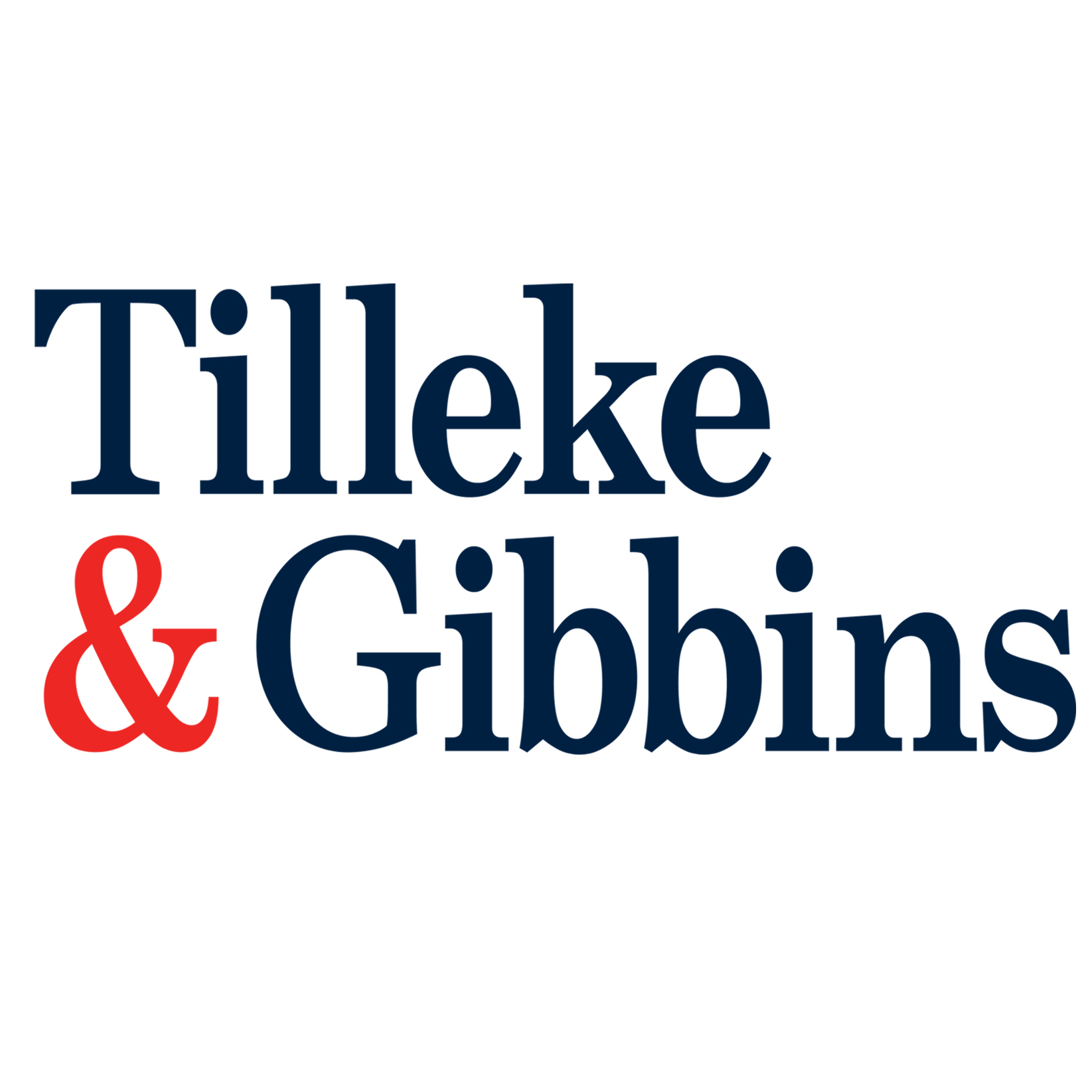Preclinical and Clinical Trial Requirements
Tilleke & Gibbins / Vietnam
A brief overview of the situation regarding preclinical and clinical trial requirements in Vietnamese Pharma. Prepared in association with Tilleke & Gibbins, a leading law firm in Vietnam, this is an extract from The Pharma Legal Handbook: Vietnam, available to purchase here for GBP 75.
1. Are clinical trials required to be conducted locally as a condition (stated or implicit) for marketing approval?
By law, clinical research documentation for the purpose of obtaining the MA must conform to the guidance of the International Council for Harmonization (ICH), the MOH, or reference authorities recognized by Vietnam, including the European Medicines Agency (EMA) and drug regulatory authorities of the U.S., Japan, France, Germany, Sweden, England, Switzerland, Australia, Canada, Belgium, Austria, Ireland, Denmark and the Netherlands. Clinical data of a pharmaceutical product must consist of (i) sufficient data for the analysis and justification of the safety and effectiveness of the drug in Asian populations for the purpose of extrapolating clinical data on Asian populations according to guidance of the recognized reference authorities, or (ii) bridging study data according to ICH-E5 guidance for extrapolating clinical data from Asian populations.
Thus, clinical trials are not required to be conducted locally as a condition for MA approval, as long as the clinical data provided by the MA applicant meets the above-mentioned requirements.
2. How are clinical trials funded?
Clinical trials are funded by sponsors (drug developers or third-party sponsors).
3. What are the requirements for preclinical and clinical trial protocols? Who must approve the protocols?
PRE-CLINICAL TRIALS
Pre-clinical trial documentation for the purpose of obtaining an MA must conform to the guidance of the International Council for Harmonization (ICH) and Association of Southeast Asian Nations (ASEAN). There is no specific regulation on pre-clinical trial protocols and there is no need to obtain any authority’s approval for this protocol.
CLINICAL TRIALS
There are four phases of clinical trials for pharmaceuticals:
- Phase 1. The new active ingredient or new formula is first tested on humans. This is a preliminary assessment of the safety of the drug.
- Phase 2. Testing to determine optimal dosage for the trial and to demonstrate the treatment efficiency and safety of the drug on the target subject.
- Phase 3. Testing on a larger number of patients. The objective is to determine the stability of the drug formula, the safety and the general treatment efficiency, or to assess the protective effectiveness and the safety of the tested vaccine on the target subject.
- Phase 4. Post-marketing study. The objective of this phase is to continue assessing the safety and the treatment efficiency during post-marketing in compliance with the conditions for use.
The entity carrying out clinical trials (i.e., clinical trial service provider) must register the trials by submitting an application dossier to the Administration of Science, Technology and Training under the MOH. Within 25 days from the date of receiving a valid and complete dossier, the MOH must convene a meeting of the Biomedical Research Ethics Council to examine the trial protocol. Within five working days from the day the Biomedical Research Ethics Council issues their minutes on the examination of the trial protocol, the Administration of Science, Technology and Training will collect the evaluation results and either send the results to the minister for approval or notify the sponsors and institution that they need to supplement their application.
4. What are the requirements for consent by participants in clinical trials?
Participants in clinical trials must participate voluntarily, have full legal capacity, meet medical requirements of the trial, and sign written commitments with the clinical trial service provider agreeing to participate.
The participation of people who do not have full legal capacity (such as minors) is subject to the permission of their lawful representatives. For pregnant or breast-feeding women, the trial documents must specify the reasons for the selection and measures must be taken to protect the selected people.
5. May participants in clinical trials be compensated?
Participants may receive remuneration as agreed with the clinical trial service provider.
6. How are participants in clinical trials protected and indemnified against any harm that arises as a result of participation in the trial?
Participants must be indemnified by the sponsor of the clinical trials in case of loss incurred during the trials.























































